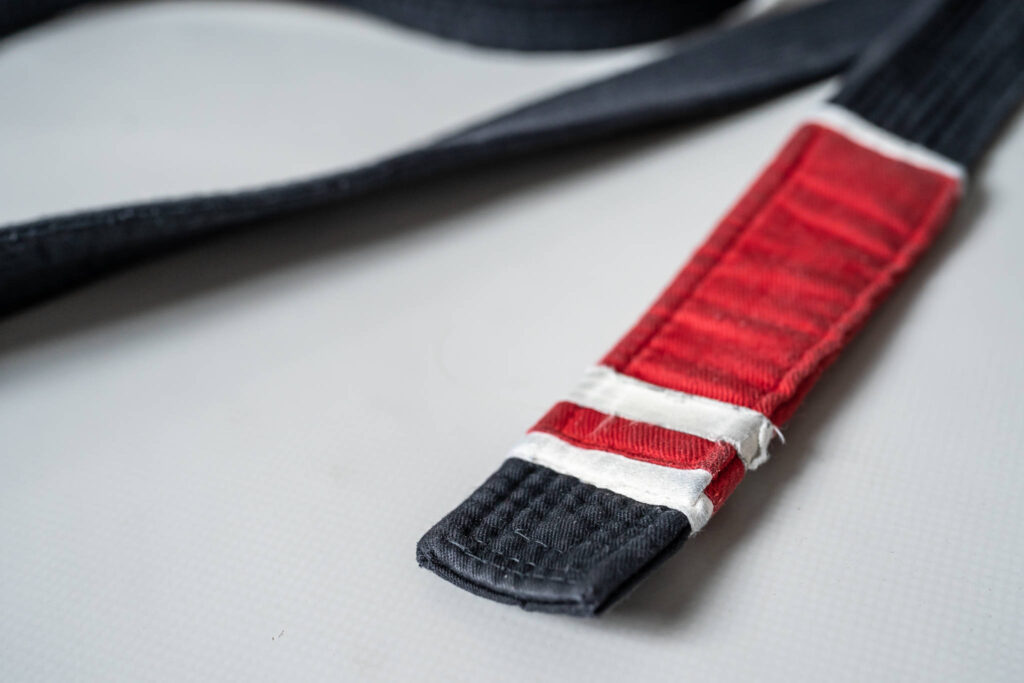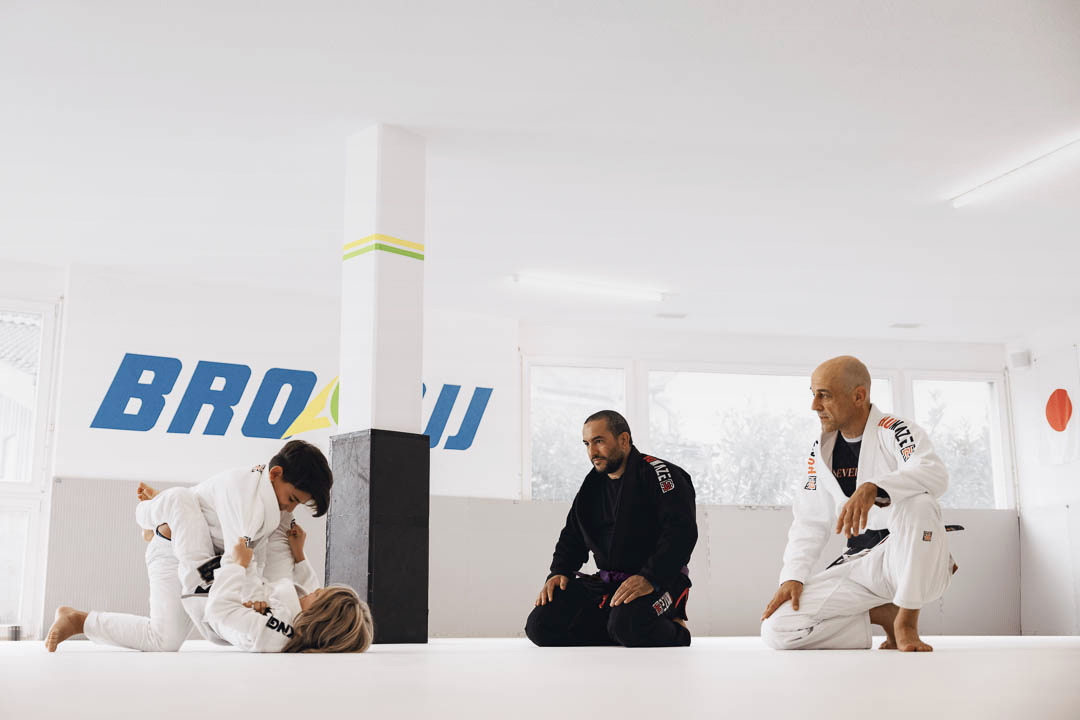
Brazilian Jiu-Jitsu (BJJ) is a martial art that focuses on ground fighting and submission holds, emphasizing skill and technique over brute strength. Unlike many other martial arts, where progress can sometimes be marked by fairly rapid belt promotions, BJJ is notorious for its demanding and time-intensive path to achieving a black belt. For those wondering how long it typically takes to reach the black belt level in BJJ, the answer can be complex and varies widely among practitioners. In this article, we’ll explore the factors that influence the time it takes to achieve a black belt in BJJ, drawing on experiences and data from the BJJ community.
The Typical Journey to Black Belt
The road to a black belt in BJJ is long and challenging, characterized by numerous hours of training, competing, and learning. On average, it takes about 10 to 15 years to achieve a black belt in Brazilian Jiu-Jitsu, which is significantly longer than in most other martial arts. This timeline can be influenced by several factors including the frequency of training, physical ability, learning aptitude, and competition experience.
Key Factors Affecting Progression
- Frequency of Training: One of the most significant factors is how often you train. A practitioner attending class four to five times a week may progress faster than someone attending only twice a week. Consistency is key in BJJ, as the art involves a deep understanding of complex techniques and continuous refinement of skills.
- Quality of Instruction: Learning from experienced and skilled instructors can drastically improve your progression. A good instructor not only teaches techniques but also corrects your mistakes, provides feedback, and helps develop your strategic thinking.
- Competition Participation: Competing regularly offers tremendous benefits, including exposure to a wide range of techniques and styles, which can accelerate learning and adaptation on the mat. Competitors tend to advance quicker because they are often more engaged and motivated in their practice.
- Physical and Mental Aptitude: Some individuals may grasp the techniques and concepts of BJJ quicker due to their physical dexterity or mental acumen. Natural athleticism helps but is not a substitute for hard work and dedication.
- Training Environment: The atmosphere and culture of your BJJ gym play a significant role in your growth. A supportive, challenging, and collaborative environment fosters better learning and enthusiasm for the sport.
The Belt System in BJJ
Brazilian Jiu-Jitsu’s belt system starts at white and progresses through blue, purple, brown, and finally black. Each belt level has its challenges and learning curves:
- White to Blue: This stage is about learning the basics and fundamentals of BJJ. A practitioner typically spends 1-2 years at this level.
- Blue to Purple: At this level, practitioners begin refining techniques and developing strategies. The average time spent at this level is about 2-3 years.
- Purple to Brown: This is where deeper specialization in techniques and styles occurs. It usually takes 1-2 years to progress from purple to brown.
- Brown to Black: The final stretch involves mastering the nuances of the art and developing personal adaptations and techniques. This stage often requires 1-2 years.
Personal Journeys Vary
It’s essential to note that these timelines can vary widely. Some practitioners may achieve a black belt faster due to natural talent or previous grappling experience, while others may take longer due to life circumstances like injuries or reduced training time.
Conclusion
The journey to a black belt in Brazilian Jiu-Jitsu is not just about collecting a series of techniques; it’s about personal growth, perseverance, and a deep understanding of the art. While the average time to achieve a black belt is around 10 to 15 years, the journey is deeply personal and varies from one practitioner to another. The focus should be on enjoying the journey, learning at your own pace, and embracing the challenges and lessons that come with each training session.
Whether you’re a beginner just starting out or a seasoned practitioner pushing towards your next belt, remember that the goal of BJJ goes beyond just belts. It’s about building character, discipline, and a lifelong set of skills that transcend the mats.

